We spent €800 on Google Ads, so you don’t have to
By Gabriel — September 18, 2022
Google has this great offer: Spend €400 on ads within two months and get a €400 budget on top for free. We had never advertised our products and services in an ad-network. So we thought we should give it a try.
We are a software development studio and have multiple things that we want to promote:
- Loqbooq — A SaaS for logging decisions with full Slack integration.
- Macarons — A chat roulette app for Slack, which we have just released this year.
- Wokabulary — A flash card vocabulary learning app for Mac, iPhone and iPad, that we have been distributing for several years now.
- Coding Friends — That’s us, our studio. We offer freelance app development services.
First, we set up so-called “Smart Campaigns” for Macarons. This is the default when you create a new Google Ads account, as you start in Smart Mode. Actually smart mode is quite nice because it has a very simple interface and setting up your campaigns is pretty easy. But be warned: Once you switch to advanced mode, you can never go back and will have to live with the overwhelming feature set of the full-fledged Google Ads console (more on that below).
So, for the first few weeks we only ran campaigns for Macarons and Loqbooq. We set the daily budgets to between €5–€10. It takes Google one or two days to roll out the campaign. After that, we saw visitors being directed to our landing pages for a quite affordable cost per click of around 15 cents.
As we needed to spend €400 in the first 60 days in order to get another €400, we ramped up the budgets and also added campaigns for Wokabulary and Coding Friends. Here we did not use the smart campaigns because we had accidentally left the smart mode and could not create those anymore (why Google?!). Instead, we created a search campaign for Coding Friends as we assumed people searching for an app agency are probably a good target audience. For Wokabulary we created both a search campaign and a dedicated “App campaign”.
Here is an overview of our campaigns, which were run from April to June 2022. Find our learnings below.
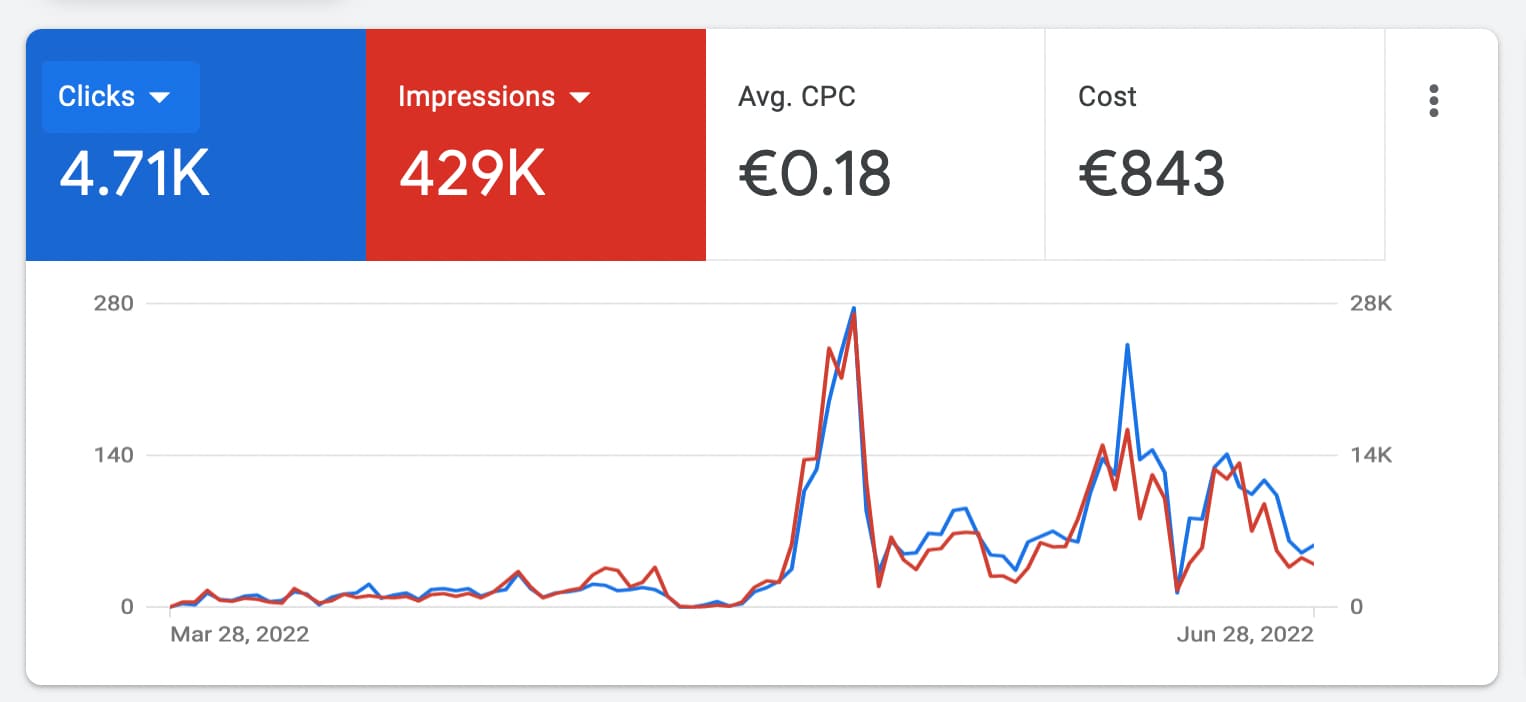
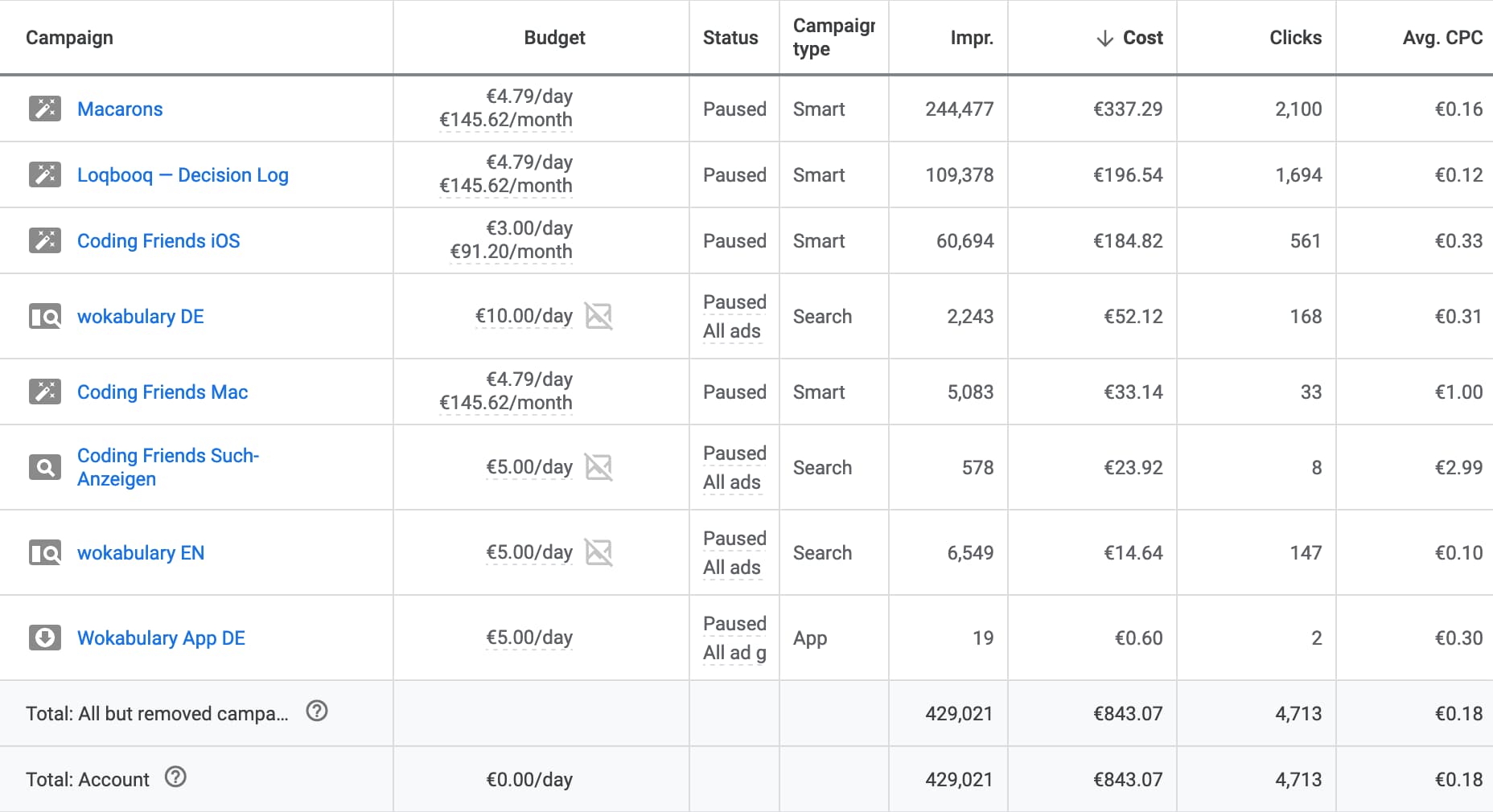
Here is what we learned after three months and €800.
Search console is super hard
Google Ads Console has two modes. You start in Smart Mode. Here it is relatively easy to set up campaigns. You mostly need to provide the ad contents and the landing page link. The downside of this simplicity is that you can hardly control or monitor where and to whom your ads are shown.
Once you leave smart mode for the advanced mode, however, you are totally overwhelmed by options. Setting up a campaign in advanced mode is not unlike filling out tax forms. There are a lot of fields and checkboxes and most of the time you will just go with the best guess.
There is also a lot of analytics functionality and reporting that in theory lets you optimize your campaign settings. But in some way it is more an illusion of control because whatever you set up, Google will decide “intelligently” how and where your ads are shown. And because of the overloaded interface is very easy to set up things you don’t want, like advertising on Google’s Search Network, which, by the way, is a totally opaque entity. You won’t find any clear statement from Google on what sites are part of that network, and there is no way to specifically target selected partner sites.
You are easily out-bid
When you target more popular search terms, the ads are extremely expensive, and you are often out-bid . We tried to present ads for our development studio Coding Friends to people searching for app development agencies in Berlin. So we targeted search terms like “ios agency berlin” or “ios freelancer berlin”. Cost-per-click for these ads can be €5 (!). That’s only natural as demand for placing advertisement space on these search terms is very high. When you actually search for these keywords as a user, Google will even present more ads than organic results.
Of course, these high costs would very quickly pay off, even if only a few visitors become paying clients of our studio. In the end we did get over 400 referrals from Google Search to our website with only a few from the most expensive search terms. But we got exactly zero leads out of those. This is probably because Google presented our ads to less well-matched target groups as we set our limit for CPC to a more reasonable value way below €5. (Otherwise our €400 budget would have been eaten up to quickly).
So, if you need to target popular keywords, you will need to spend a lot on CPC and that implies your customer lifetime value must be correspondingly high.
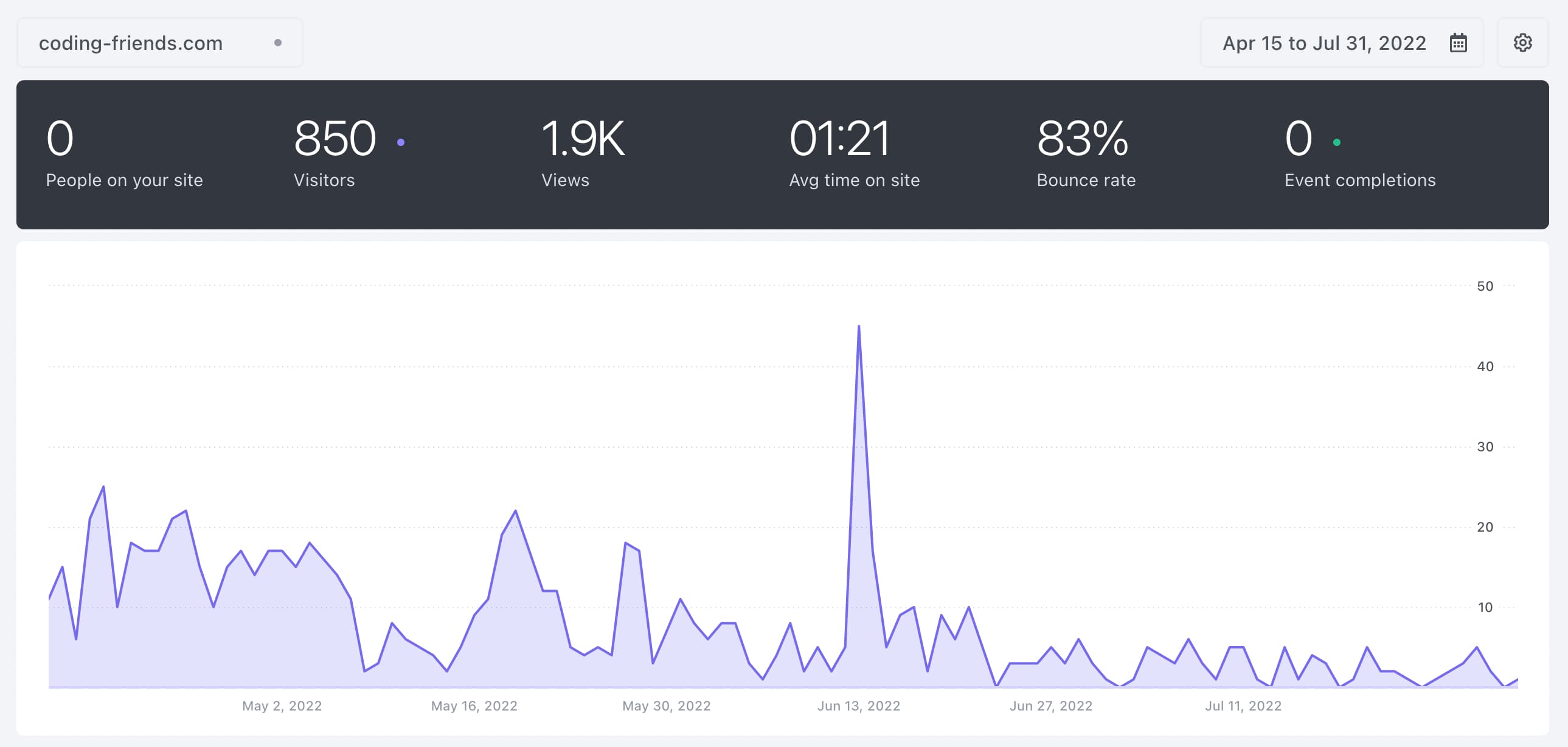

Google will find clicks no matter what
If you are targeting a niche, your product is probably something that is not searched for by millions of users every day. The advantage is that placing your ads on matching keywords is probably quite cheap. But if you are niche enough, there might not even be enough searches for Google to fill up your daily budget. By itself this is not a problem either, but Google really, really wants to have you spend all your budget. And they will make sure you do.
It works this way: After you set up your campaign and do your best to target your audience by carefully picking ad texts and keywords, Google will start rolling them out. In the first few days you will only get some impressions and clicks and might not use up your daily budget. Google uses this time to “optimize” your ad. They tell you that they will vary your copy and keywords to find you more potential customers. But remember: Google earns money from selling referrals to you. They don’t have stakes in your business, and they don’t care whether these referrals actually become your customers. But the more people they make click on your ads, the more money they will make. So, Google will do anything to find people who click on your ad. Even if these people were not looking for the services you offer.
Imagine you have a restaurant and hire your friend Larry to find you customers.
You promise to pay him €5 for every person he guides to your restaurant.
This will have two effects:
First, Larry will try to intercept people who obviously want to visit your restaurant anyway and cash in on the commission with little effort.
Google Ads does this by placing your ads on search results where your page would be on the top organically anyway.
Second, Larry will try to guide people to the restaurant who were actually looking for a bar, for a nightclub, or for something totally different.
Google Ads does this by showing your ad to people who were searching for something different but click on your ad because the description is ambiguous or was clipped.
(Also some people blindly click on the top result without even reading the title).
We saw this effect with our two web apps Loqbooq (a team decision log) and Macarons (a chat roulette app for Slack). Google brought us thousands of visitors via ads. But we did not see any significant impact on signups. In fact, for Macarons, our signup rate increased after we ended the ad campaign. We know that not many people search for keywords matching these two apps, but Google made sure to find lots of people who click on the ads anyway. It’s just that these people obviously were not our target group.
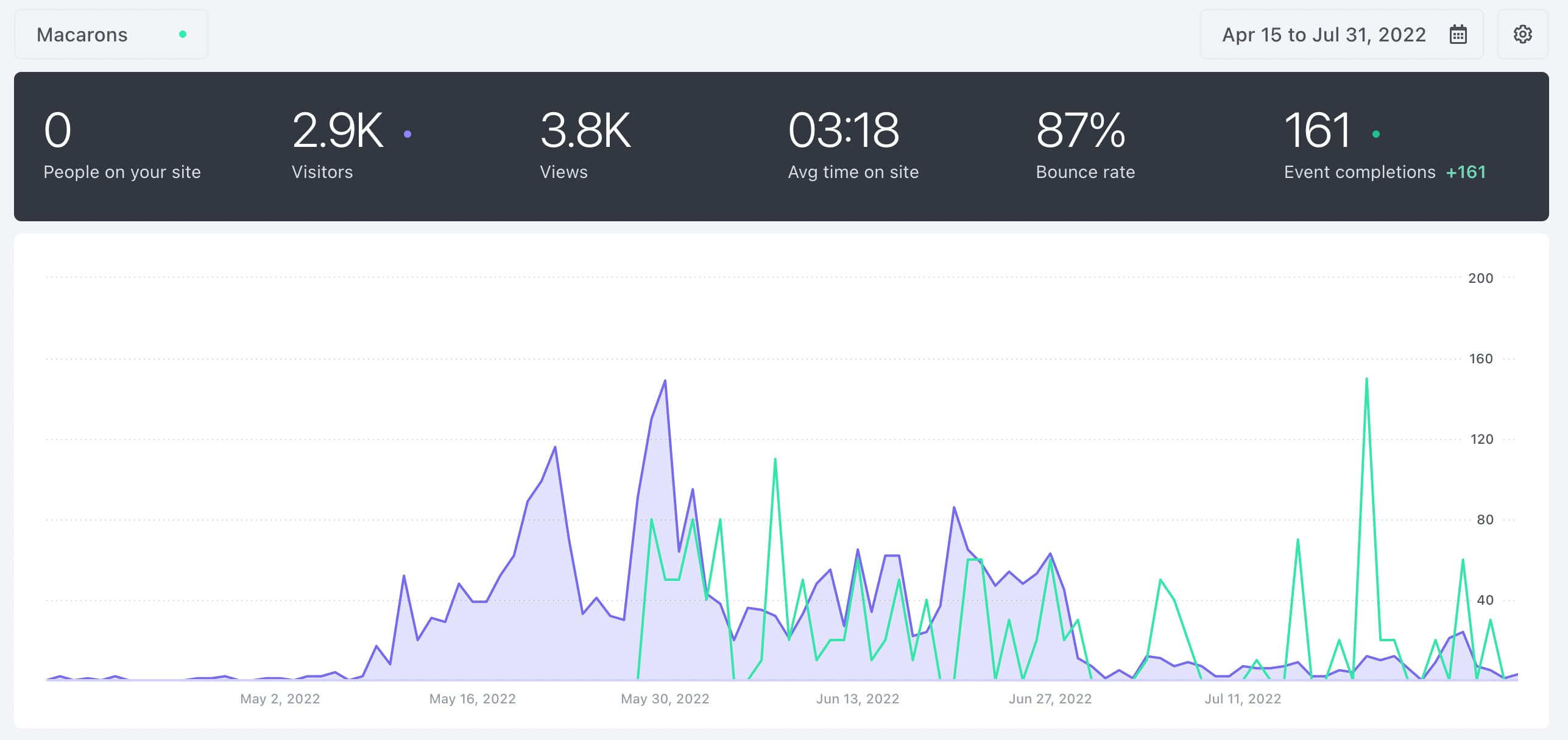
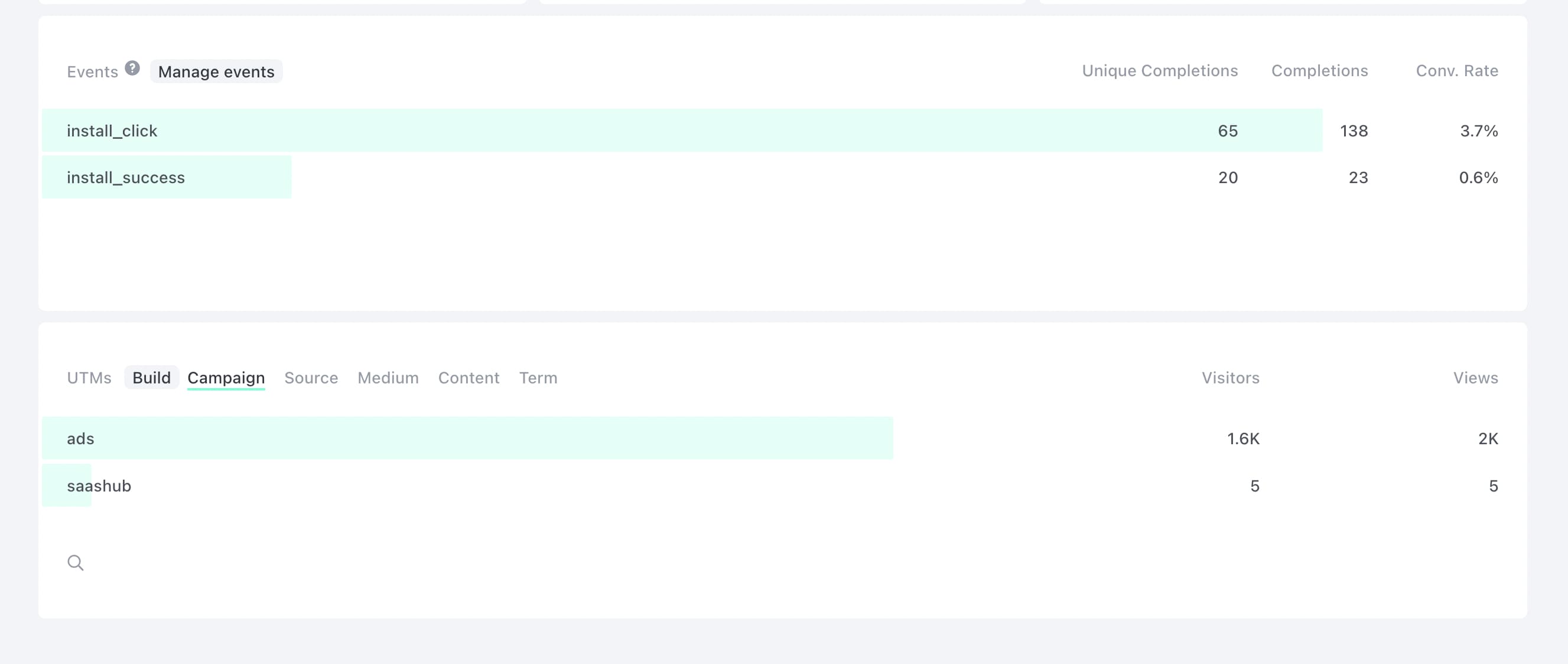
Yes, of course, you can change your campaign to optimize on conversions instead of clicks. But this is even more complicated, and you need to deeply integrate Google Analytics in your pages, handing even more data over to Google. Also, conversion tracking is not possible for every business model (think about the restaurant).
Advertising for mobile apps is worthless
As we had been locked in on the advanced mode of Google Ads anyway, we wanted to try a more specialized campaign as well. So we set up a mobile apps campaign for our flash card learning app Wokabulary. Google claims that the mobile ads campaigns are specially optimized to advertise Android and iOS apps. Yet, we could not figure out where and when these ads are actually displayed. Also, you have no control over which platforms the ads are shown on. It makes hardly any sense to show ads for our iOS app on Android devices. This time, Google Ads did not even manage to spend our budget. The campaign just did not work out at all.
We also tried a normal search ad for Wokabulary, however. This generated over 100 clicks. Yet again, these website visitors did not convert into downloads.
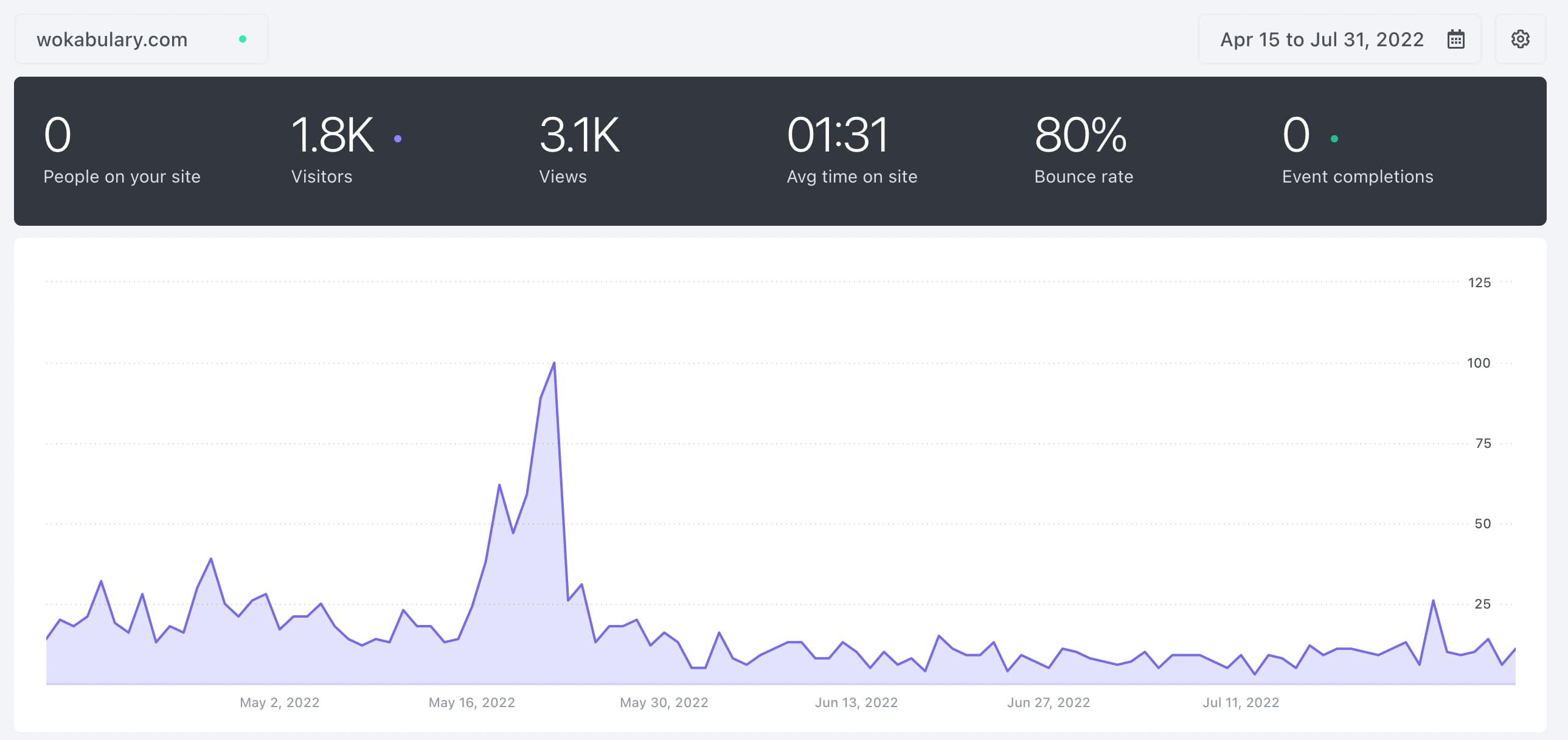

Probably it is much more efficient to advertise mobile apps directly in the App Store, like you can do with Apple’s App Store Search Ads.
Conclusion
If you are targeting a niche, do some SEO (articles, links on social media, etc.) and try to spread the news in forums and online platforms. Try to make your website appear on the first results page of all major search engines. In a niche, investing in ads is probably not necessary as potential customers actively search for a solution, and you probably don’t have much competition.
If you do have strong competition, you definitely need a large marketing budget to see effects from Google Ads. Most of all, you will want to hire a marketing specialist solely for managing your ad campaigns. This is, of course, much too expensive for small companies and young startups.
Disclaimer
This is only our own personal experience. Maybe we just don’t know enough about marketing to employ Google Ads to our advantage. For us, blog posts, engaging in online communities, as well as mentions or reviews on comparison platforms worked out much better than ads. It might turn out totally different for you, though.
Just be aware: putting money into Google Ads might not be as effective as you expect. If you are a small startup like us with very limited marketing resources, Google Ads can be time-consuming, inefficient, and plain frustrating.